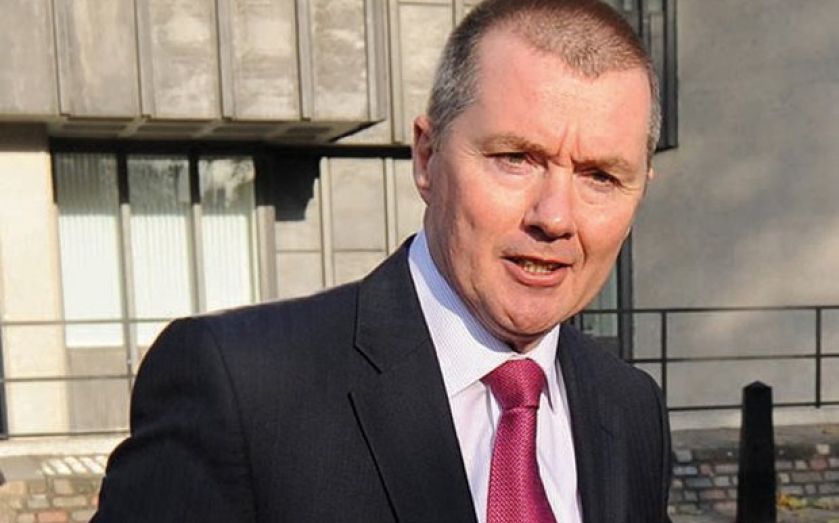Heathrow and airlines hit out at charge ruling

HEATHROW and its airlines reacted furiously to the industry watchdog’s ruling yesterday on how much the airport can hike its charges over the next five years.
The Civil Aviation Authority capped Heathrow’s tariffs for airlines in line with inflation from April 2014 – a blow to the airport, which had asked for a 4.6 per cent rise above inflation, but a less severe limit than the CAA’s initial proposal of 1.3 per cent cut in real terms.
“Tackling the upward drift in Heathrow’s prices is essential to safeguard its globally competitive position,” said CAA chairman Deirdre Hutton in a statement.
Heathrow’s chief executive Colin Matthews said the limit means the airport’s rate of return on capital investment will fall from 6.2 per cent to an “unsustainable” 5.6 per cent.
“International investors will not fund billions of upfront investment in UK infrastructure if the lesson from history is that their return will be cut as soon as they have built it,” he added.
But Willie Walsh, the boss of British Airways parent firm IAG, said the decision marked “a bad day for our customers who have been let down” by the regulator.
“Like other airlines at Heathrow, we cannot move to a better-run UK hub that offers customers real value for money,” said Walsh.
Virgin Atlantic said the CAA had “bowed to pressure from Heathrow and its shareholders” and dealt “another hammer blow for both UK consumers and overseas visitors wanting to travel to this country”.
Airline bosses “will be reaching for their oxygen masks in the knowledge that they will be forced to pass on excessive airport charges to their customers for the next five years”, said Dale Keller, the chief executive of the Board of Airline Representatives in the UK.
Meanwhile Gatwick was granted the right to raise its fees by 0.5 per cent above the retail prices index measure of inflation – a move that could add £28 to each flight out of the airport, according to EasyJet boss Carolyn McCall.
The CAA delayed a decision on regulating Stansted, which was sold to Manchester Airports Group in January.